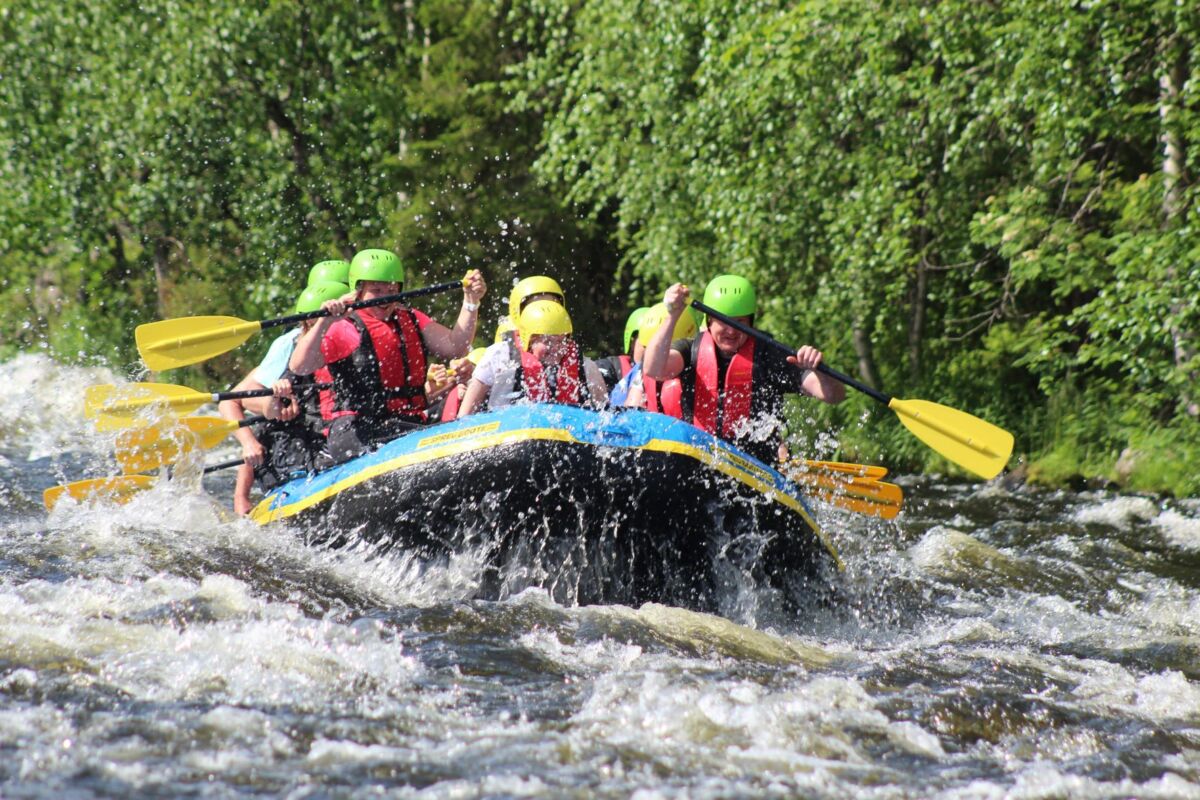Ethical Tourism Recovery in Arctic Communities -project (ETRAC) looked at how the tourism sector could recover from the pandemic. In particular, the aim was to identify how to promote ethical tourism. One of the objectives of the project was to provide information on ethical tourism etiquette and practices to tourists who may not be familiar with it. Ethical tourism is all about not harming nature or people and not posing any risk to tourists themselves, others or the destination. In addition, ethical tourism also applies to service providers. How can they avoid causing damage to nature, local people or the environment?
What is ethical tourism?
During the project, we started to think about what responsible tourism is. How does it relate to ethical and sustainable tourism? According to the UN, sustainability has three basic pillars: ecological, economic and social. However, these three are not enough and there is another pillar: cultural sustainability. It is culture that determines how we understand the other three basic principles. Therefore, the concept of cultural sensitivity became a key tool for looking at responsible tourism.
In the project, we conducted a survey to find out how small businesses in particular have survived the difficult pandemic period. In the survey, we focused on how ethics is taken into account in the coping processes. Although ethics is not seen as a competitive advantage in tourism, many entrepreneurs still considered it as one of the guiding principles of their business. However, in the future, it is expected that ethics will play an increasingly important role in tourism marketing. This is because younger generations are becoming more aware of environmental issues, for example.
Ethical tourism benefits us all
In the tourism sector in general, reliability and quality of service have been identified as key competitive factors. Reliability is a key aspect of responsibility, ethics and sustainability. In the tourism industry, reliability consists of honesty, social skills and friendliness, courtesy and going above and beyond customer expectations.
To be honest, an entrepreneur must keep his promise to customers about the quality of the service. Social skills and friendliness include communicating effortlessly with a variety of customers, regardless of their gender, age, religion, ethnicity or physical limitations. In the context of the production of services, courtesy means that customers are respected and that they can reciprocate by respecting the service provider. In addition, the company must exceed the expectations, aspirations and standards of its customers. The company has to give customers more choice and opportunities than they can expect or hope for in order to increase their comfort.
The general principles outlined above must be combined with cultural sensitivity and hence ethics in order to provide sustainable services for the tourists of the future. More attention needs to be paid to the impact of tourism at local level. Ways must be found to genuinely involve local people in the development of tourism. In the ETRAC webinars, examples of this were given by Scottish companies, among others.
In Finland, too, there have been good experiences of how using local people as guides has added value to tourism and at the same time raised local self-esteem. For example, storytelling in nature tourism services has provided job opportunities for locals. This has also brought nature tourism and cultural tourism closer together, so that they need not be seen as separate categories of tourism, but as mutually supportive.
When tourism takes into account both environmental and cultural values and respects them in the productisation of services, tourism becomes responsible, sustainable and ethical. It benefits businesses, locals and tourists alike.
Interested in ethical tourism? You may find more information about ETRAC outcomes in https://shapingethicaltourism.eu/.
Author:
Tarja Kupiainen, Principal Lecturer, Karelia University of Applied Sciences
Photo: Anne Nygård / Unsplash

